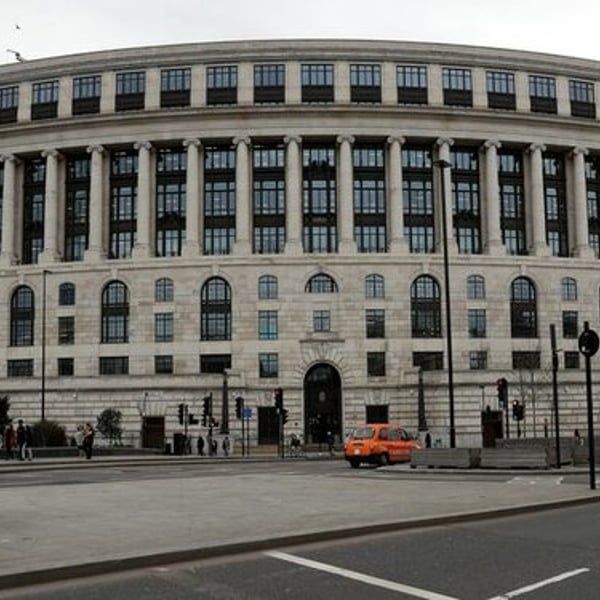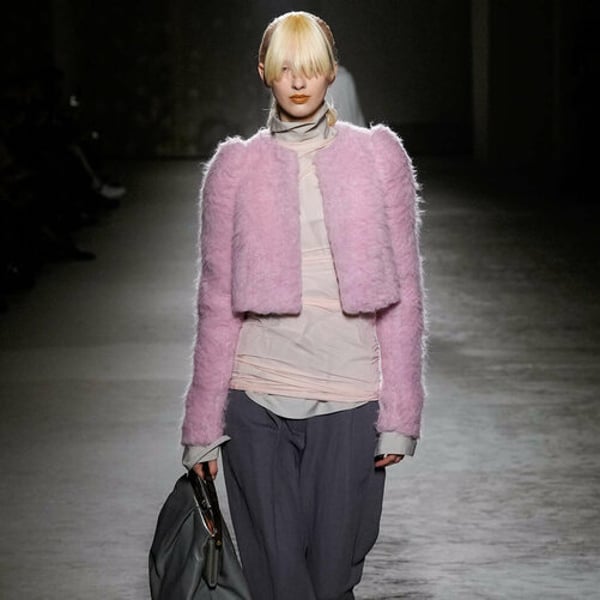By
Reuters
Published
September 30, 2024
Unilever has reached sustainability agreements with its top 10 retail customers, including Walmart, aimed at reducing greenhouse gas emissions and minimizing waste in its supply chain, the consumer giant's chief executive said Monday.
Unilever, which makes Dove soap, Knorr bouillon cubes and Ben & Jerry's ice cream, was, after the 2015 Paris agreement on climate change, the consumer industry's poster child for setting strict sustainability goals.
However, about two years ago, the company came under pressure from some investors concerned that Unilever's climate strategy was distracting it from its growing profits.
Chief Executive Hein Schumacher changed some of the company's years-old sustainability goals in April, drawing praise from some investors and criticism from climate activists.
“What's new and what's coming, and what I'm very much looking forward to in the coming years, is (our) collaboration on sustainability agreements with (retail) customers,” Schumacher said in an interview at the Reuters IMPACT conference in London on Monday.
“We have a sustainability collaboration agreement… with Walmart, for example… (The agreement) is about reducing greenhouse gas emissions, and we are their scope three.”
Scope 3 emissions are those for which a company is indirectly responsible throughout its supply and distribution chain, according to a classification developed by the nonprofit think tank World Resources Institute. A company's internal operations and energy use constitute what are called Scope 1 and 2 emissions.
Walmart has previously said it was working with suppliers to avoid a 'gigaton' of greenhouse gas emissions from the global value chain by 2030. Since launching the initiative in 2017, suppliers have reported removing a total of 574 million metric tons of emissions. reduced or avoided, according to the retailer's website.
Schumacher said Unilever also has a deal with health and beauty retailer AS Watson's to create sustainable products such as body wash and toothpaste.
He added that Unilever was using climate modeling to reduce supply chain emissions and make operations more resilient to adverse events such as drought.
“(Due to the drought) we have completely changed our mustard seed supply chain. We are changing our tomato supply chain, and these are becoming a little more resilient,” he said.
© Thomson Reuters 2024 All rights reserved.












